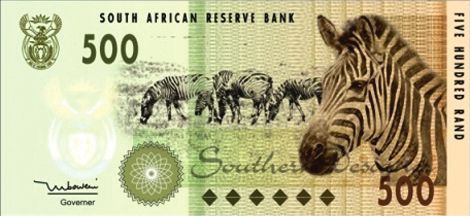
The end of the year is quickly approaching and most of us are getting ready to take some time off to relax, see loved ones and celebrate Christmas, but how does one go about doing all of that without breaking the bank? It’s easy, just be money-wise!
So what does that mean? It simply means that you should be wise about the money that’s leaving your account over the holidays. Plan a budget! This is the number one hated thing to do on holiday, especially because you feel like you want to seize the day, take it as it comes and you don’t want to think too hard. After all, you do this all year long, but planning a holiday budget is so vital.
Plan your trip ahead of time, that way you’ll work out the cash flow one time and you won’t have to stress about it again during the holiday. Plan out your petrol costs, toll gate tariffs, food allowance, spending money, Christmas shopping etc on a spreadsheet.
Once you’ve allocated your holiday budget, you’ll know exactly what’s available to spend on what, and you won’t feel guilty doing it. Best of all, you won’t OVER-spend.
Next see if you can cut down on some costs. If you’re planning a holiday with friends or family, put together a “kietie” for everyone. Plan the entire groups basic meals for the week and put your money together to buy everything from one account. This way you’ll save on smaller items that everyone uses like milk, bread, coffee and cereals and no one can point fingers to one another as to who’s contributing what. Do the same for accommodation, lights & water usage or whatever expenses you’ll incur as a group. Buying “bulk” is always cheaper than buying smaller bits of the same thing.
Lastly cut down on excessive and elaborate gift giving. This seems harsh, but chances are that whatever you’re buying for one another will most likely end up in a closet somewhere to be used or worn a couple of times. Give small, thoughtful or useful gifts just as a gesture that won’t break the bank.
Follow these steps and plan ahead and you won’t be left with the anxiety over “Januworry”!
Of course you can say “screw it, we’ll worry about it later” and have the best holiday of your life, but that’s a toxic mentality that will find its way back to you over-and-over again. Be wise, be a smart planner!




